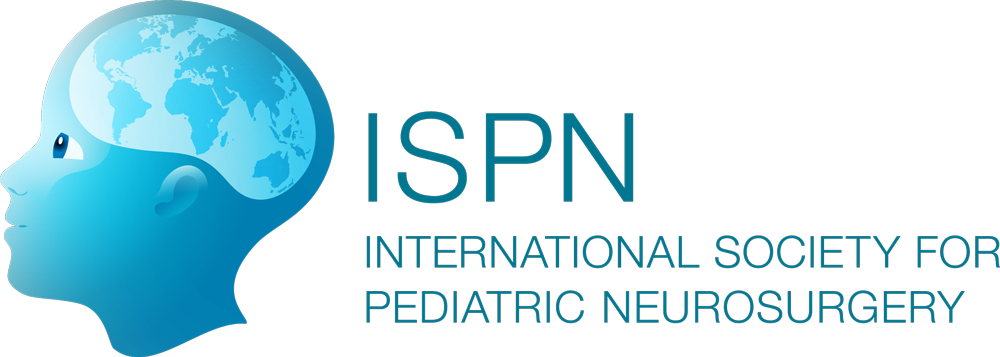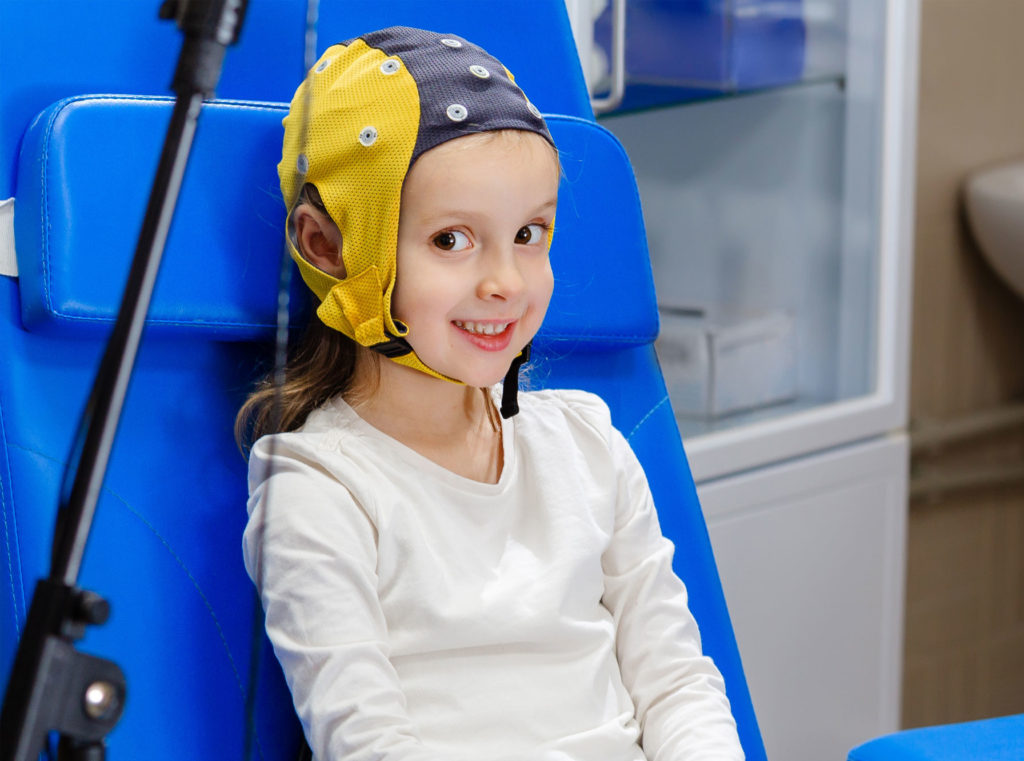Fellowship Types Available
Clinical Observer
Duration of Fellowship
1-12 months
Requirements
Observership: candidates should at minimum be a PGY 3 neurosurgery resident Fellowship: candidates should have satisfactorily complted an ACGME accredited residency training program in neurological surgery (or the Canadian equivalent). Candidates should also be board-eligible for American Board of Neurological Surgery and eligible for a Tennessee medical license.
Financial Support
Salary Occupational Health and Indemnity provided Accommodation and Travel Expenses for 12-month fellowship Accommodation and meals for observership but no salary
Fellowship Program Director
Frederick A Boop, MD Le Bonnheur Children’s Hospital 777 Washington Avenue, Suite 335 Memphis, TN USA Email: faboop@aol.com Web: http://uthsc-neurosurgery.com
Application Process
Fellowship application are accepted through ABPNS match Observership applications are accepted online through St Jude Children’s Research Hospital International Outreach Program
Previous Post Holders
| Training Dates | Name | Current Practice Location |
| 1986–1987 | Michael Muhlbauer | Le Bonheur, Memphis, TN |
| 1992–1993 | David Donahue | Cook Children’s, Fort Worth, TX |
| 1993–1994 | Bill Boydston | Scottish Rite-Atlanta, GA |
| 1994–1995 | Ian Pople | Bristol, England |
| 1995–1996 | Stephanie Einhaus | Le Bonheur, Memphis, TN |
| 1996–1997 | Chris Troup | Columbia, SC |
| 1998–1999 | George Malcolm | Bristol, England |
| 1999–2000 | Tim Burson | Baptist Hospital, Little Rock, AR |
| 2000–2001 | Renatta Osterdoch | Swedish Hospital, Denver, CO |
| 2001–2002 | John Honeycutt | Cook Children’s, Fort Worth, TX |
| 2002–2003 | Julian Lin | University of Southern Illinois, Peoria, IL |
| 2003–2004 | Michael Taylor | Hospital for Sick Kids, Toronto, Ontario |
| 2005–2006 | Naina Gross | University of Oklahoma, Oklahoma City, OK |
| 2006–2007 | Marike Zweinenberg-Lee | UC Davis, Sacramento, CA |
| 2007–2008 | Michael Tobias | New York Medical College, Weschester, NY |
| 2008–2009 | Kristian Aquilina | Great Ormond Street, London |
| 2009–2010 | Christina Notarriani | LSU-Shreveport, LA |
| 2010–2011 | Mason Shifflet | University of Mississippi, Jackson, MS |
| 2011–2012 | Scott Wait | Charlotte, NC |
| 2012–2013 | Mark Van Poppel | Current Fellow |
Department Details
Number of Faculty Staff
5
Number of Residents
12
Number of Fellows
1
Annual Number of Neurosurgical Procedures
875
Faculty Staff and Specialist Interests
Dr. Boop completed a fellowship in epilepsy and functional neurosurgery at the University of Minnesota in 1989 under Robert Maxwell, MD, and a pediatric neurosurgery fellowship at the Arkansas Children’s Hospital, University of Arkansas for Medical Sciences under William Chadduck, MD, in 1990. His current practice focuses on neuro-oncology, epilepsy surgery, and cranio-facial surgery. Dr. Einhaus completed a fellowship in the division of pediatric neurosurgery at the University of Tennessee in 1996. She currently specializes in hydrocephalus, neuro-endoscopy, and pediatric epilepsy surgery. Dr Fernandez specializes in spinal deformity and peripheral nerve surgery. He is also expert in pediatric neuro-critical care and trauma. Dr Klimo completed a pediatric neurosurgery fellowship at Boston Children’s Hospital. His current practice focuses on neuro-oncology, image-guided surgery, and hydrocephalus. Dr Klimo also holds an MPH in clinical trials and is our director of resident research and education, mentoring both fellows and residents on clinical research and trial design. Dr. Muhlbauer completed a pediatric neurosurgery fellowship at the University of Tennessee in 1987. He specializes in pediatric spine surgery, neuro-trauma, and neuro-critical care. He also cares for all the children with cancer of the spine at St Jude Children’s Cancer Hospital. He has additional fellowship training in peripheral nerve surgery (under Dr. David Kline) and specializes in peripheral nerve repair and brachial plexus reconstruction.
Fellowship Structure
The UTHSC Pediatric Neurosurgery fellowship is located at Le Bonheur Children’s Hospital in Memphis, TN, and draws from the pediatric patient populations of Le Bonheur, St. Jude Children’s Research Hospital, and the Semmes-Murphey Clinic. All pediatric neuro-oncology operations for St. Jude patients are performed at Le Bonheur. Referrals to St Jude are regional, coming from across the mid-South and national and international. The strength of the program is the pediatric neuro-oncology program, although the program has a nationally ranked epilepsy and spine program. Additionally, Le Bonheur Children’s Hospital is the only Level I pediatric trauma center in the region, drawing emergency referrals from a 5-state area. The program has a dedicated 6-bed neuro-intensive care unit co-directed by Dr. Frederick Boop and one of the critical care intensivists, which serves as the clinical base for the pediatric neurosurgical fellow. The fellowship’s parent program is the UTHSC Neurosurgery Residency Program. The program performs approximately 800 cases per year with 4 full-time faculty members. Dr. Robert Sanford is a professor emeritus but still participates in teaching conferences and clinical research. The pediatric neurosurgery fellowship is a 12-month post-residency program during which fellows gain experience in pediatric neurosurgery clinical activities. Based on his/her level of experience, the fellow will either lead the neurosurgical team or work as team members with faculty and senior-level residents from the neurosurgery residency program. The service is run by the fellow and one PGY-3 or PGY-4 resident from the UTHSC neurosurgery residency program. The fellow oversees the service; typically the fellow cares for the patients of 2 of the 4 faculty members while the resident cares for the patients of the other 2 faculty members. The resident and fellow will then switch attending physician’s services every month, ensuring that each trainee obtains a balanced learning experience from all faculty members. In many instances the fellow and the resident perform surgery together while the faculty observes and teaches.
International Neurosurgery Experience
The fellow is also given the option of spending two weeks of the fellowship working with Dr. Leland Albright in Kejabe, Kenya. During this 2-week period, the fellow will typically perform 30 operations, primarily ETV for hydrocephalus and myelomeningocele repair. This gives the fellow the opportunity to experience pediatric neurosurgery in a third-world setting and to learn the value of participating in international education.
Outpatient Clinics
The fellow is encouraged to attend the private clinic of the faculty at Semmes-Murphey on a regular basis to learn outpatient non-surgical management of childhood neurosurgical problems. Drs. Frederick Boop and Paul Klimo also have weekly multi-disciplinary brain tumor clinics at St Jude.
Didactics
The program participates in a weekly multi-disciplinary pediatric epilepsy conference, a bi-weekly multidisciplinary spina bifida clinic at Le Bonheur, a monthly multi-disciplinary craniofacial clinic with Plastic Surgery, and a weekly multi-disciplinary neuro-oncology conference at St Jude.
Research and Scholarly Activity
Fellows are also required to participate in research conducted at both Le Bonheur and St. Jude. Every oncology patient is enrolled in a clinical protocol for research purposes. Fellows assist with informed consent, data gathering, and writing papers with faculty and fellows of other related specialties, such as radiology, neurology, ophthalmology, etc. Those fellows with an interest in basic science research are given the opportunity to spend one day per week working in the neuro-oncology either the lab of Richard Gilbertson MD, PhD, or Suzanne Baker, PhD, at St Jude and will participate in manuscript preparation as part of their research. Each fellow is expected to produce a minimum of 2 manuscripts during his fellowship and to present a platform presentation at the Joint Pediatric Section meeting.
Faculty Mentoring Experience
The fellowship program was begun by Dr. Robert Sanford in 1992, which soon added Drs. Michael Muhlbauer and Stephanie Einhaus—both of whom have worked within the division since completion of their fellowships—as faculty. Dr. Frederick Boop joined the faculty in 1999 and assumed the position of Division Chief. Dr. Julius Fernandez joined the faculty in 2005 and Dr. Paul Klimo joined in 2010. All of the faculty, except for Dr. Fernandez, have completed pediatric neurosurgery fellowships and are board certified by the ABPNS and are members of the ASPN. Dr. Fernandez completed fellowships in peripheral nerve (under Dr. David Kline) and in spinal deformity (under Dr. Larry Lenke). The faculty team has trained 20 pediatric neurosurgical fellows both nationally and internationally, most of whom have gone on to run programs at major pediatric teaching hospitals across the country.


